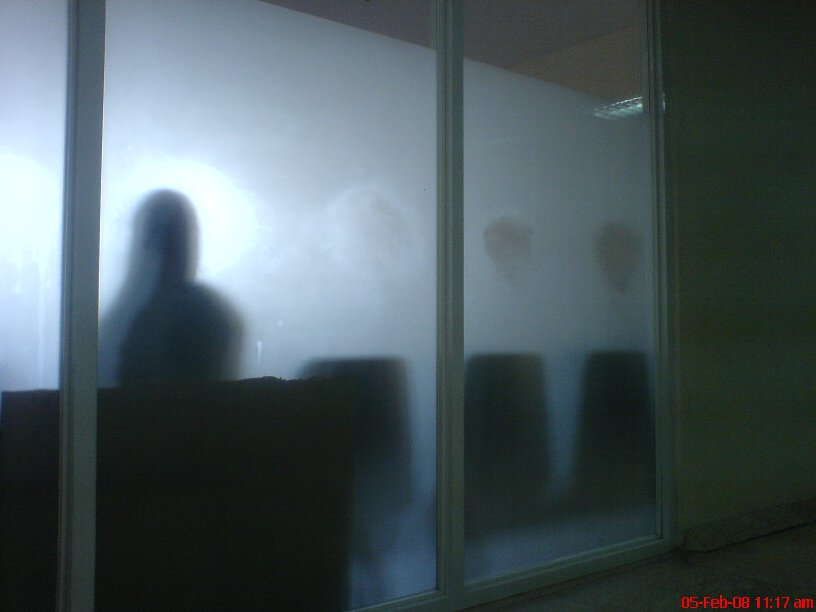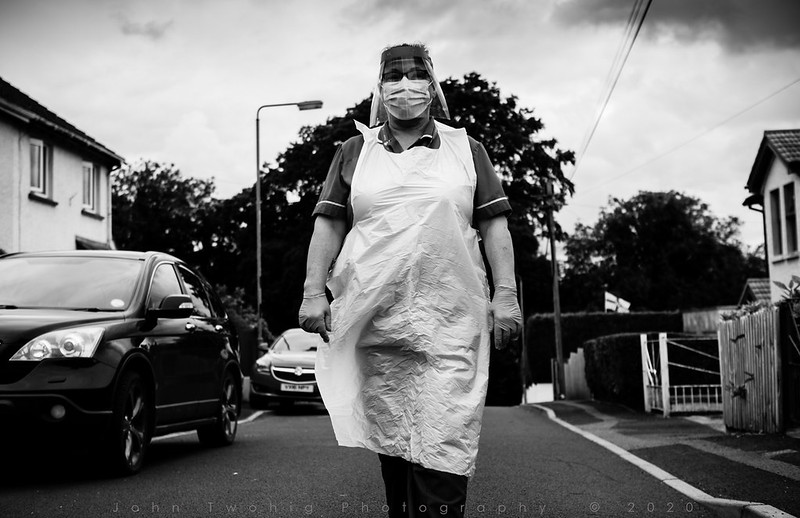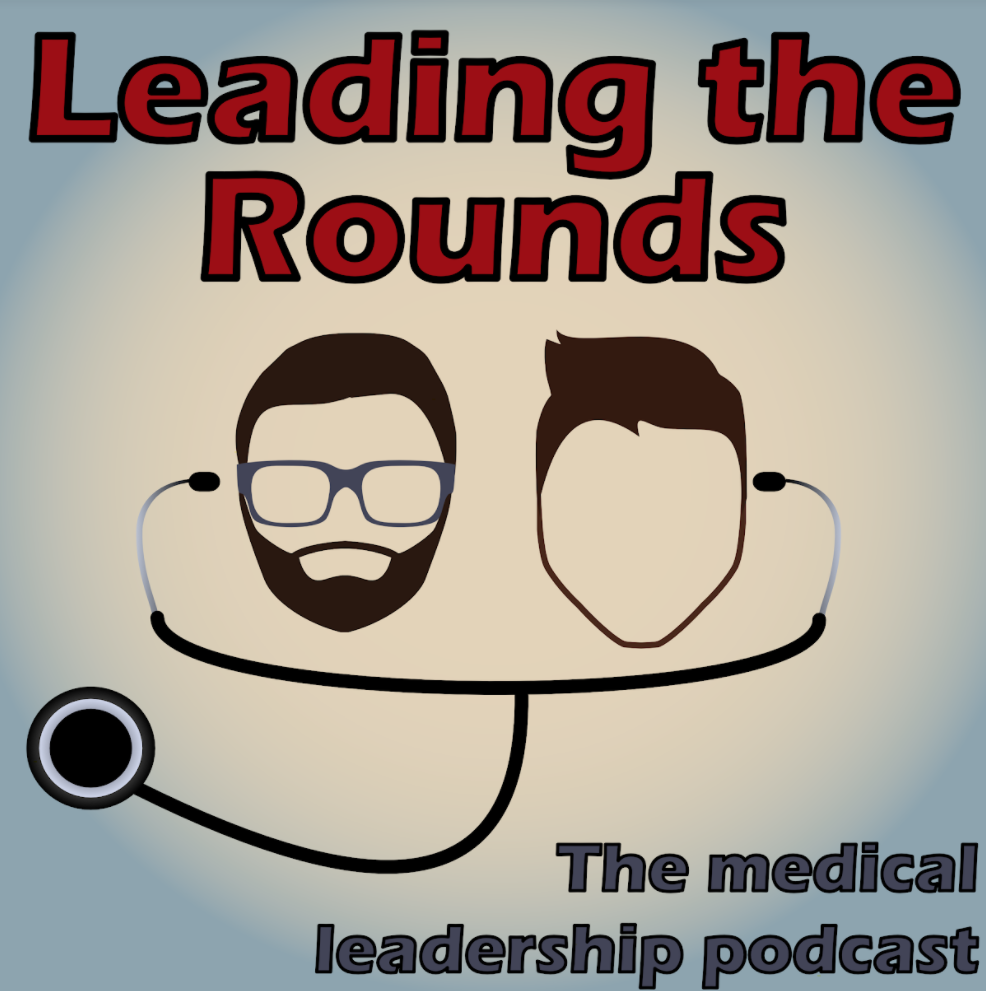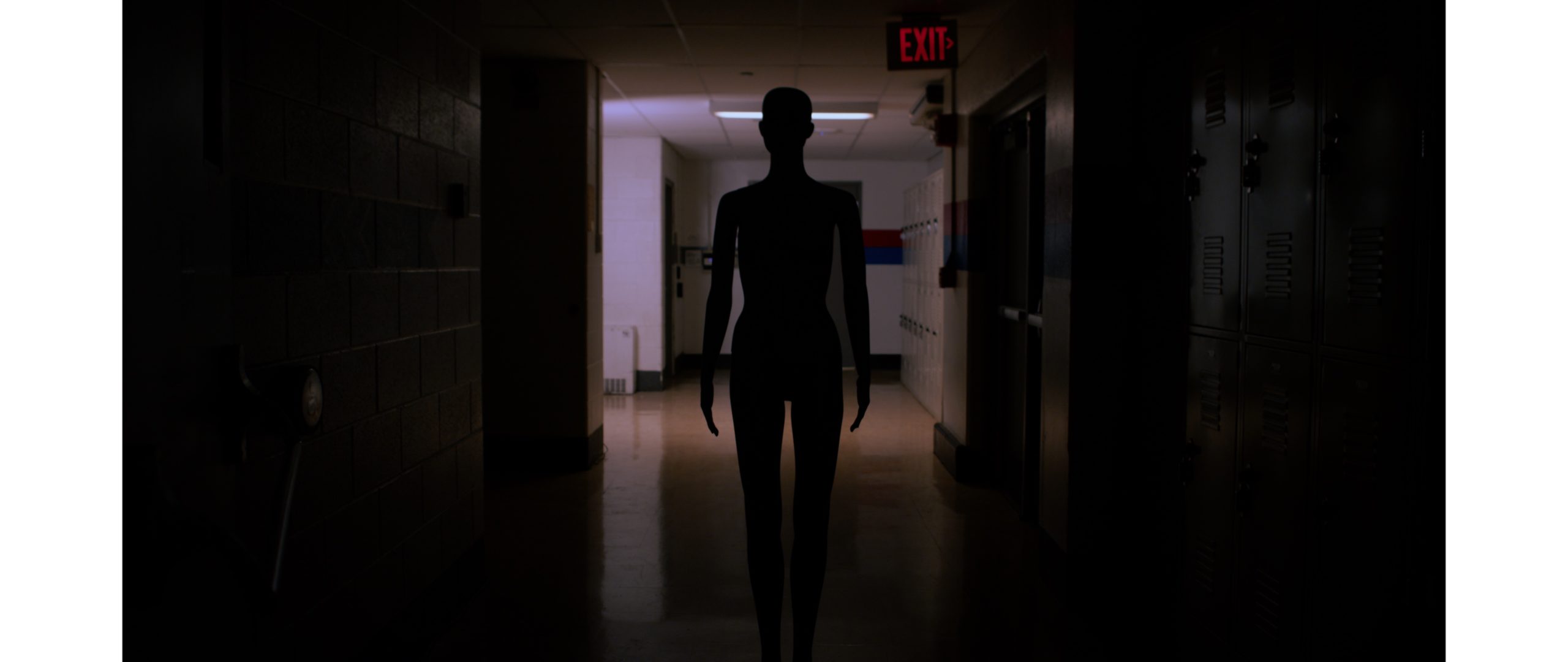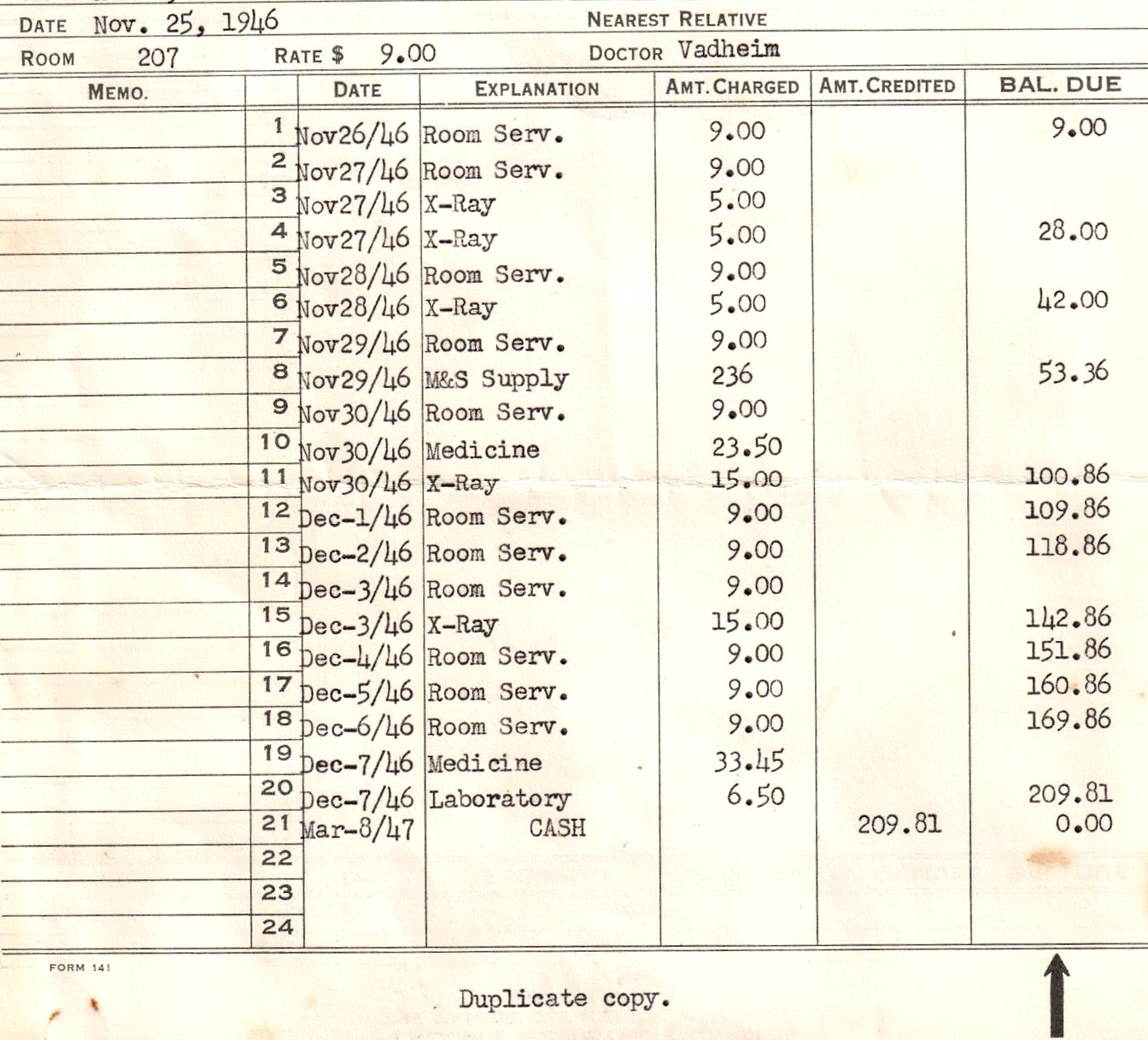Doctors for Democracy: Why Being an Election Worker is Good Public Health
Rather than ask elderly poll workers to risk their health on Election Day, medical professionals and students can volunteer to work at polling locations. Health care professionals and students tend to be in a lower-risk population and are also well-versed in the public health practices critical to safely conducting an election during the pandemic.



